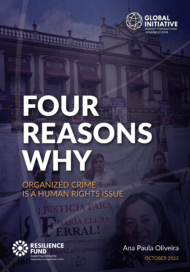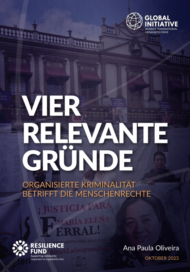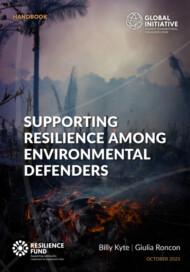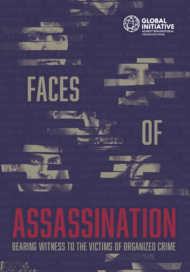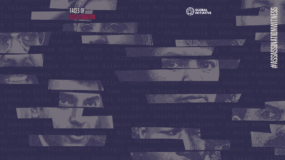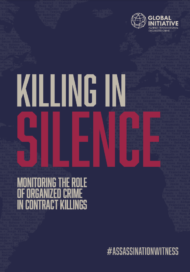Posted on 25 Oct 2023
Human rights and anti-crime regimes are grounded in two distinct but interconnected legal frameworks. While human rights frameworks aim to protect individuals from the state (and other violators), the legal framework designed to combat organized crime – the UNTOC and its protocols – aims to protect the state from criminal interests.
This report draws attention to four areas where synergies in the two regimes should be enhanced, so that safeguards for human rights are woven into states’ policy responses to transnational organized crime.
- The first is the intersection between organized crime and states’ protection of the civil and political rights of citizens, in particular those in marginalized communities and those exposed to crime.
- The second is the fulfilment of economic, social and cultural rights in the face of the threat of organized crime.
- The third is where human rights are violated by repressive state responses to crime.
- The fourth concerns access to justice by victims of organized crime and rights of redress.
Despite the undeniable impact of criminal activity on these rights, the criminal justice and human rights legal agendas are still largely disengaged. They are like separate committees that do not meet. One obstacle to achieving closer engagement is a view that applying human rights law for criminal justice reasons would supersede state sovereignty and national criminal justice frameworks.
Despite this, human rights and organized crime are areas that interact with and impact one another in multifaceted ways, so the response required for one is relevant to the other. From a normative perspective, state responses to crime should be guided and informed by human rights law and principles.
Through its Resilience Fund programmes, the GI-TOC documents how organized crime threatens the just enjoyment of human rights in a variety of contexts. Without purporting to provide an exhaustive account of all human rights issues related to organized crime and resilience, this paper focuses on four key areas, as mentioned above, where the Resilience Fund constituency have worked to mitigate the negative impact of organized crime on human rights.
